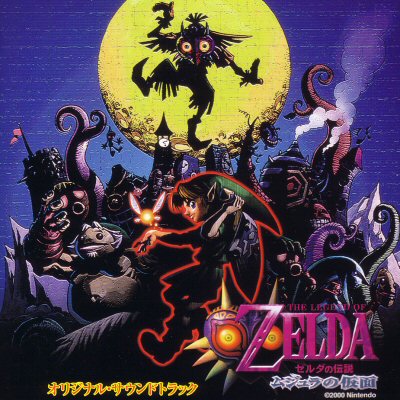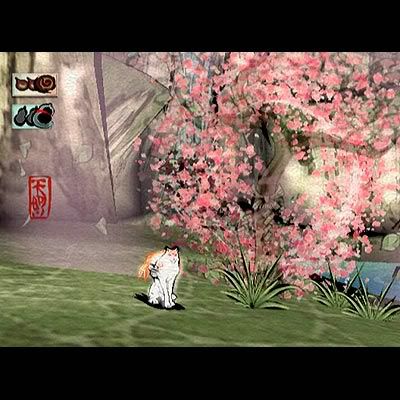Spark Ignition said:
and to boholikeu: Good choices! I'm studying Fine Art (3rd year BA Hons) and am interested in interactive mediums as a whole (aka ALL GAMES!). I agree with what you're saying about the Half Life series, but surely Bioshock achives that jsut as well? And Fallout 3, for having so many unscripted but brilliant visual moments that the game subtly nudges you towards (leaving the vault, the entire Enclave section etc...). My interest is in creating an art form where every participant will have a different experience deriving from both random chance and the choices they make. To this end Fallout 3 is incredibly effective, as is any RPG. I adore Bioware (every game they've made excels in what you call the 'literature' category). I am yet to play any of the games you say have no connections to any of these forms, but will look into them and see what you mean by that.
Bioshock and Fallout do the "cinematic effect" thing as well, but IMO it's more advanced in HL2. HL2 emulates some pretty interesting "camerawork" through the level design by literally forcing the player to look at key scenes from certain angles (all while keeping them in control of the camera). The other two games really only seem to use the "mise-en-scene" technique of communicating story info through the environment. Don't get me wrong, it's still a powerful technique, and they definitely use it well, but I have yet to see another designer match the complexity of Valve's cinematic level design.
RE: art where every viewer has a different experience.
This interests me as well, but I think it's important that the artist still has at least some sort of authorial control. For example, a game in which you could "do anything" doesn't really interest me from an artistic standpoint because although the players might have an interesting experience from it, nothing was communicated from the artist to the player.
About the games that have no connections to any other forms of art:
Basically what I mean by this is that the message they are trying to communicate the player is being delivered primarily through mechanics rather than through some other method. For example, the game Passage (available for free at http://hcsoftware.sourceforge.net/passage/) gets its point across with almost no text and just a few key visual representations. The bulk of the information conveyed is experienced through gameplay alone.
the rye said:
Anyway art isnt tagged as entertainment, it's usually called aesthetic experience, and i wouldn't call Requium for a dream entertaining though it's still a great example of film making.
However a lot of art tries to convey a message or informs the audiance of something. I think video games can be art at the rate they are progressing and becoming more complex in their story telling.
That's exactly my point. Requiem certainly isn't "entertaining" in the traditional sense, but it is engaging because it conveys an interesting message.
Many games nowadays do the same thing (although they are usually from smaller studios). The gameplay of The Path, for example, essentially boils down to some rudimentary "find this object" mechanics. Hardly fun in and of itself, but when taken within the context of the entire game it actually works pretty well.



